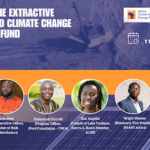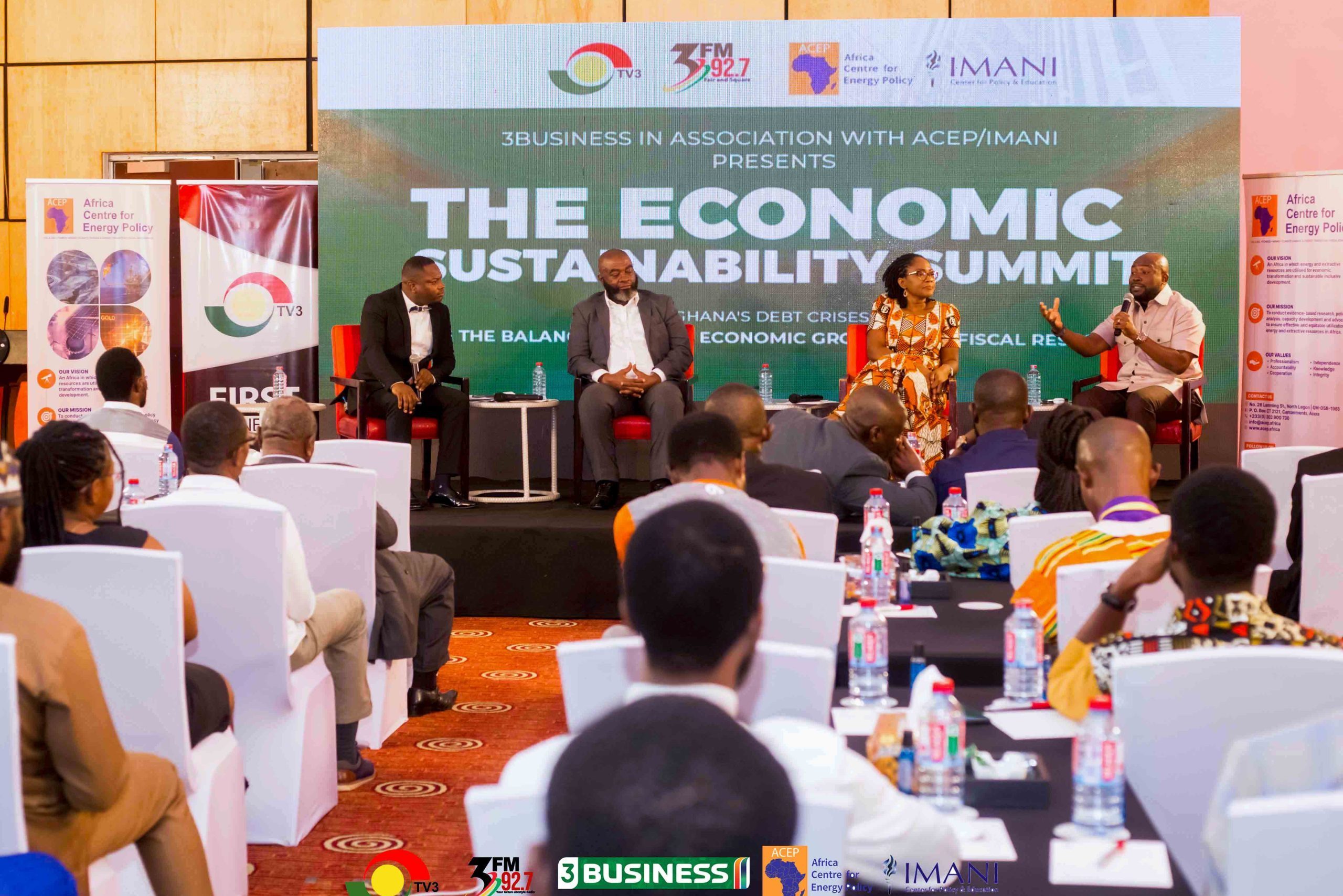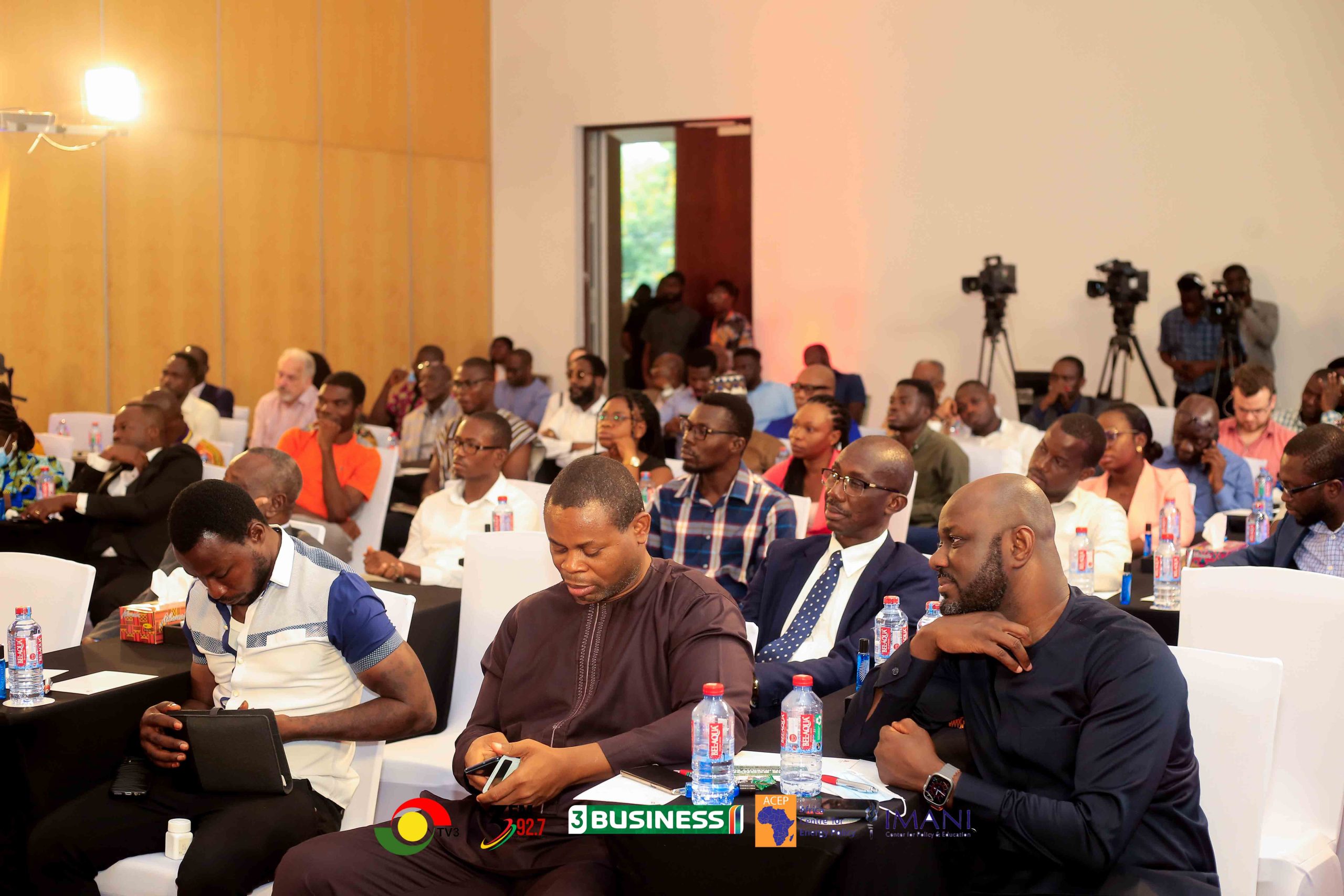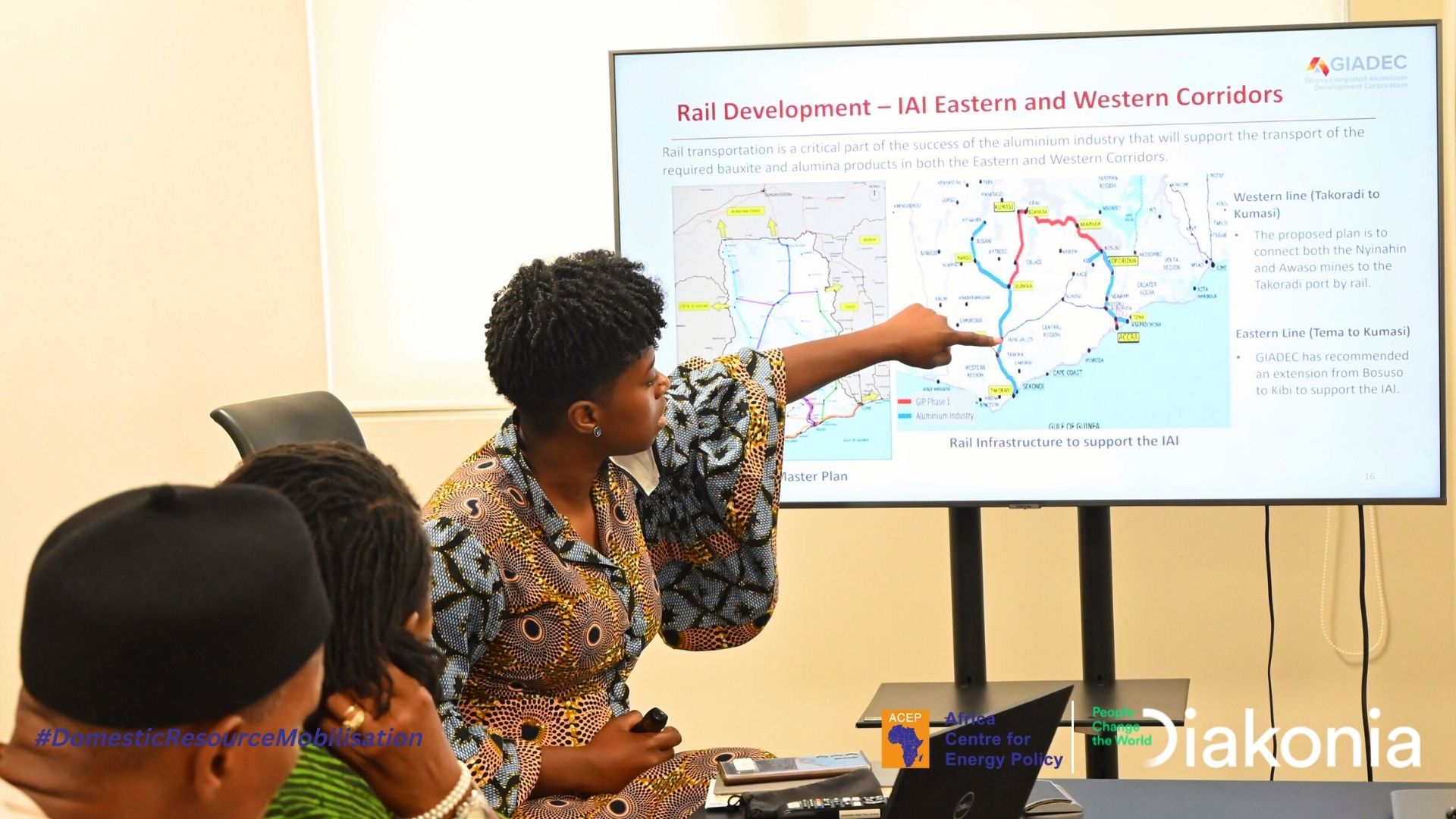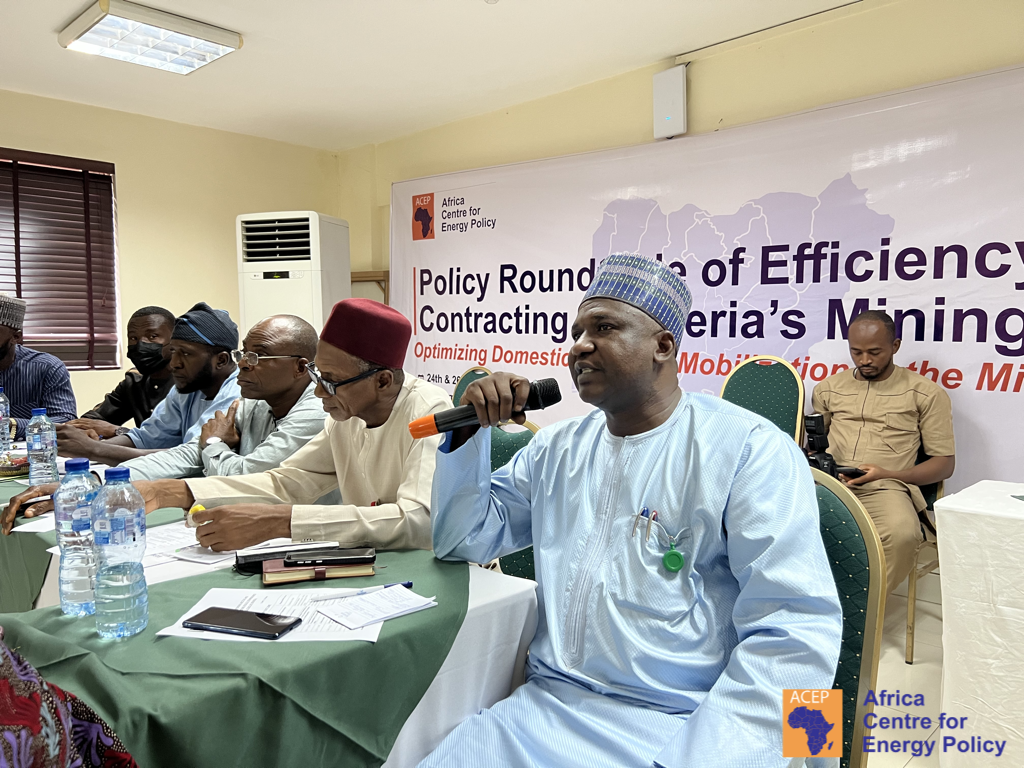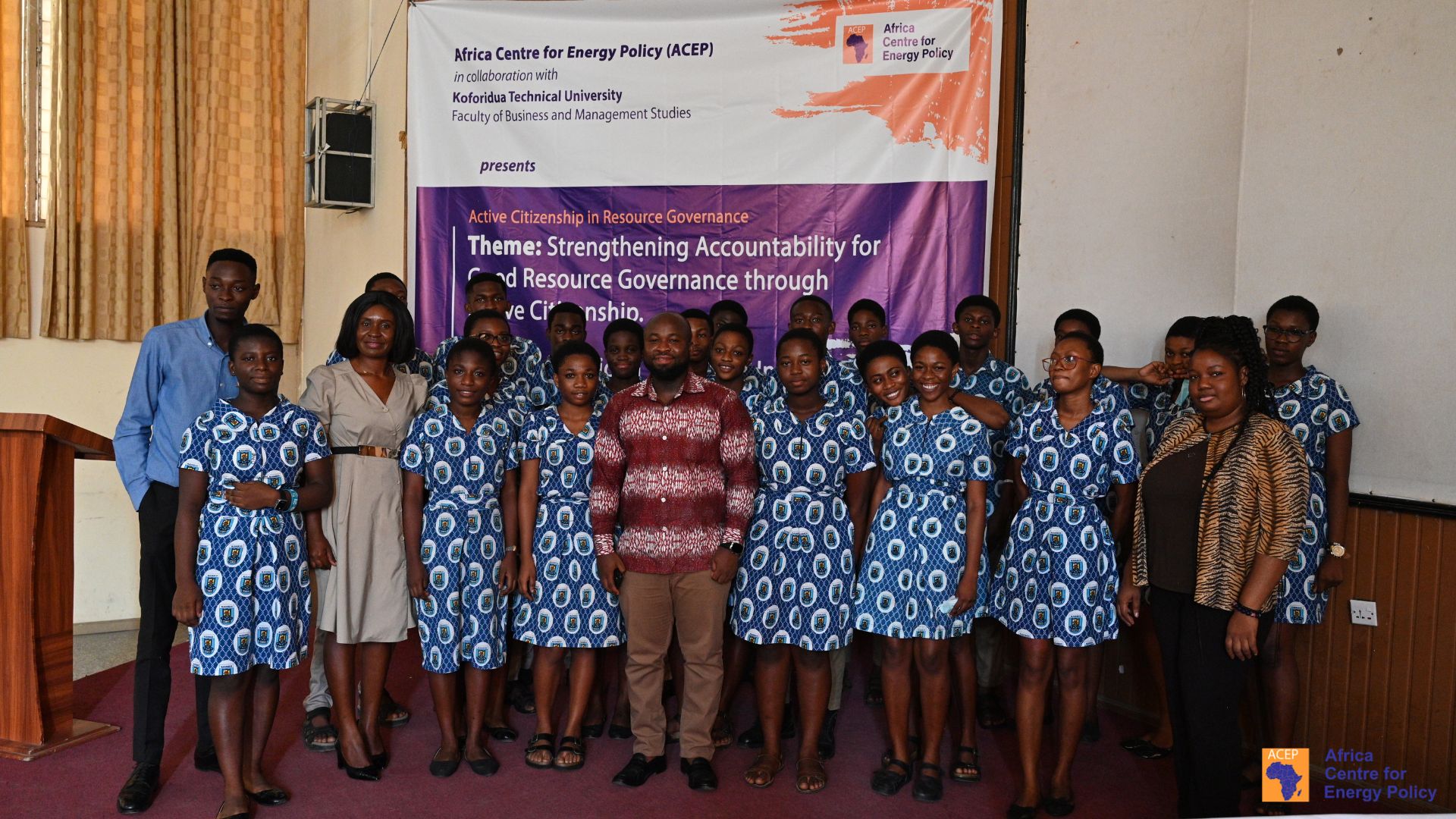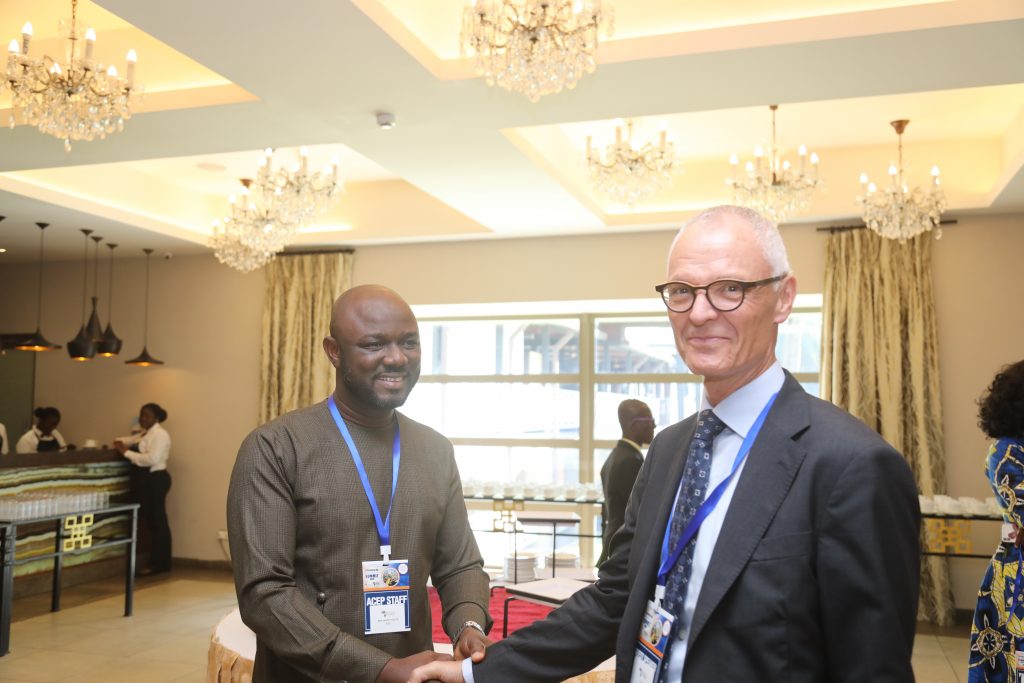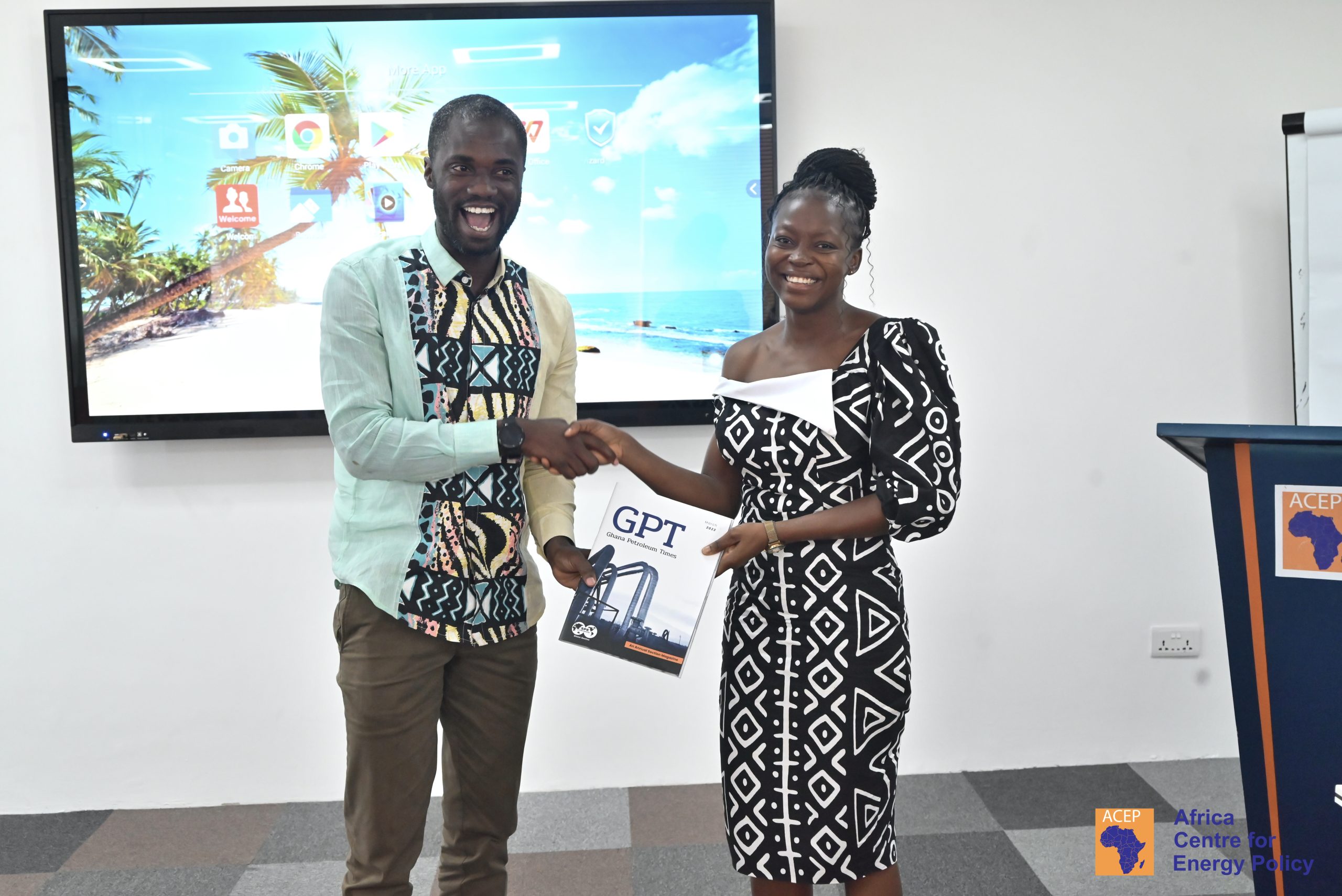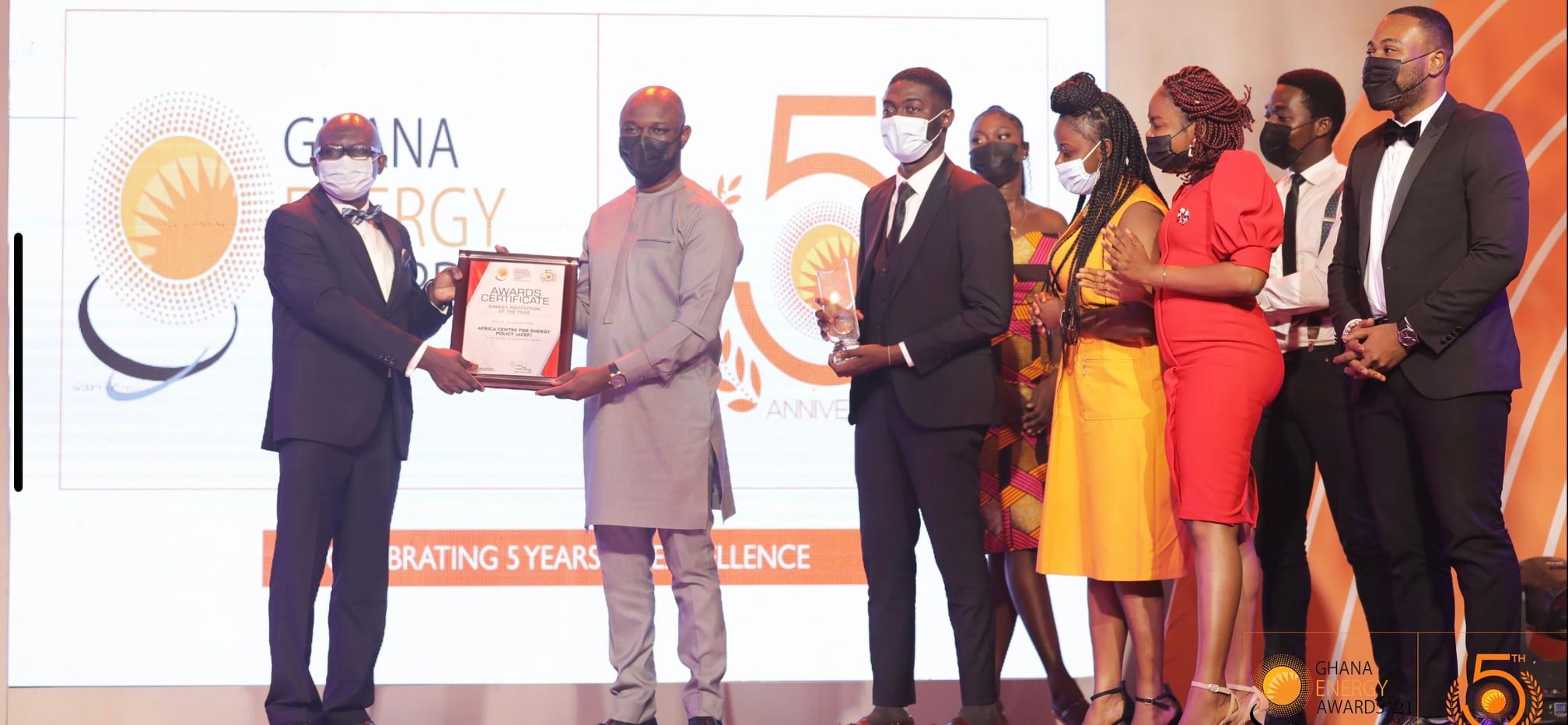Launch of the Extractive Industry and Climate Change Governance Fund
Speech by Benjamin Boakye
On behalf of the Board and management of the Africa Centre for Energy Policy, I want to thank you for participating in this event, the launch of Extractive Industry and Climate Change Governance Fund. I also want to thank all our partners and stakeholders for keeping faith with the organization and believing in our program to build an organization that represents the collective interest of citizens, and at same time remain genuinely aware that there are many organizations that are doing similarly well, if not better, in many respects within the civil society ecosystem.
Our commitment is not just to recognize the existence of other civil society organizations, but to reach out and work together on the common challenges that undermine the fight against inequality, injustice, and what can be summarized as illegitimate annexation of the right to decency by a select few. If we represent that fight, then we are better together. That is the lens through which ACEP’s vision for an Africa in which energy and extractive resources are utilized for economic transformation and sustainable inclusive development can be achieved.
That is why I am extremely excited about what we are doing today. And I thank the Ford Foundation for availing $3 million to set up the fund to focus on building the resilience of the Natural Resource and Climate Change governance ecosystem in West Africa.
This recognises the important role Civil Society Organizations (CSO) play to shape the governance architecture in Africa and promote policy actions that target inequality and social injustice. As a result of the collective actions and advocacy, transparency and accountable governance have improved in many parts of the region. However, efforts to consolidate the gains made over the years have been threatened by dwindling funding which significantly impacts the sustainability of CSOs and our ability to develop institutional capacity to deliver on our mandate. This coupled with deliberate government suppressions and or the political capture of the civic space threatens the sustainability of many organisations doing exceptional work in our collective struggle.
The outbreak of the Covid-19 pandemic has further worsened the financial challenges CSOs face. In some cases, some CSOs have lost funding entirely for both programmed actions and institutional support.
At the same time, the pandemic has armed governments with the excuse to spend, in the name of emergency, in a less transparent and accountable manner. Governments on the back of the pandemic have resorted to borrowing to finance their budgets and covid expenditures from the bond market and multilateral organizations such as the IMF and the World Bank. Some countries have also got a suspension of interest payments on already procured loans to free up fiscal space for social spending to limit the impact of the pandemic. While these are essential interventions to strengthen countries’ resilience against the pandemic, the history of poor governance and weak systems in the region requires stronger commitments by governments and active participation of civil society to effectively target the most impacted and economic recovery drivers for the long-term sustainability of the efforts.
Already, the signs are on the wall. We risk fighting a bigger battle if the investment of the loans and development assistance are not properly directed at growth and creation of fair opportunities for the people. The amortisation of significant injection of SDR support from the IMF in the region will crystallise in four to five years with interest. The economies must be ready to support repayment of those loans. It is therefore important to sustain the work of critical CSOs in these challenging times and recalibrate the resilience of the ecosystem to manage existing and emerging equity and social justice questions.
As we viscerally face the impacts of multiple crises—climate change, deep economic inequality, and the pandemic—now is the time to invest in a recovery that puts people at the center of solutions. To do this, we need a thriving civil society with the capacity, credibility, and courage to support governments to steer Countries toward a sustainable and equitable future.
The Extractive Industry and Climate Change Governance Fund will focus on funding civil society organizations that work to address significant policy implementation gaps and advocate for reforms in the following critical resource governance areas:
- Revenue and benefit sharing policies – Revenues from resource extraction must be equitably distributed to meet the development priorities of citizens, particularly of impoverished communities, persons with disabilities, and communities affected by resource extraction.
- Prevalence of resource-backed debts – Governments, civil society, and the natural resources sector must advance an African solution to development finance that moves away from a model that keeps countries in debt and stunts socioeconomic progress.
- Active citizenship in resource governance – Citizens must be able to demand transparent, efficient, and effective revenue allocation, expenditure, and accounting of revenues from natural resources extraction to help promote equitable socioeconomic development.
- Resource extraction with high social and environmental standards – The extraction of natural resources must account for and mitigate the environmental and social impacts on the host communities and their inhabitants. Resource extraction should not leave these communities worse off than they were prior to the extractive activities.
- Strengthening civic spaces – Civic actors and advocates should be able to meaningfully engage governments in the demand for transparency and accountability in the natural resources sector.
- Climate action and energy transition- Africa must develop a believable and actionable pathway to climate action and energy transition. A just transition will require that we are less emotional about conspiracies and focus on the reality; that, jobs are being created, a whole new economy is being developed around new forms of energy. We need civil society to take central role in deep discussions
Ladies and gentlemen, need I say that there is a lot of work to be done. There is the need for more resource to directly align with the work on the ground. We need more Funders to commit more support to this effort. For those of us in civil society, we have a collective responsibility to work together and prioritise the fight against inequality and effective use of public resource. We can no longer gloat in the mere ownership of abundant extractive resources. Each day we see inequality thrive; it is an indictment on us all, not just the managers of the resources.
Distinguished ladies and gentlemen, I thank you once again for participating in this event.

